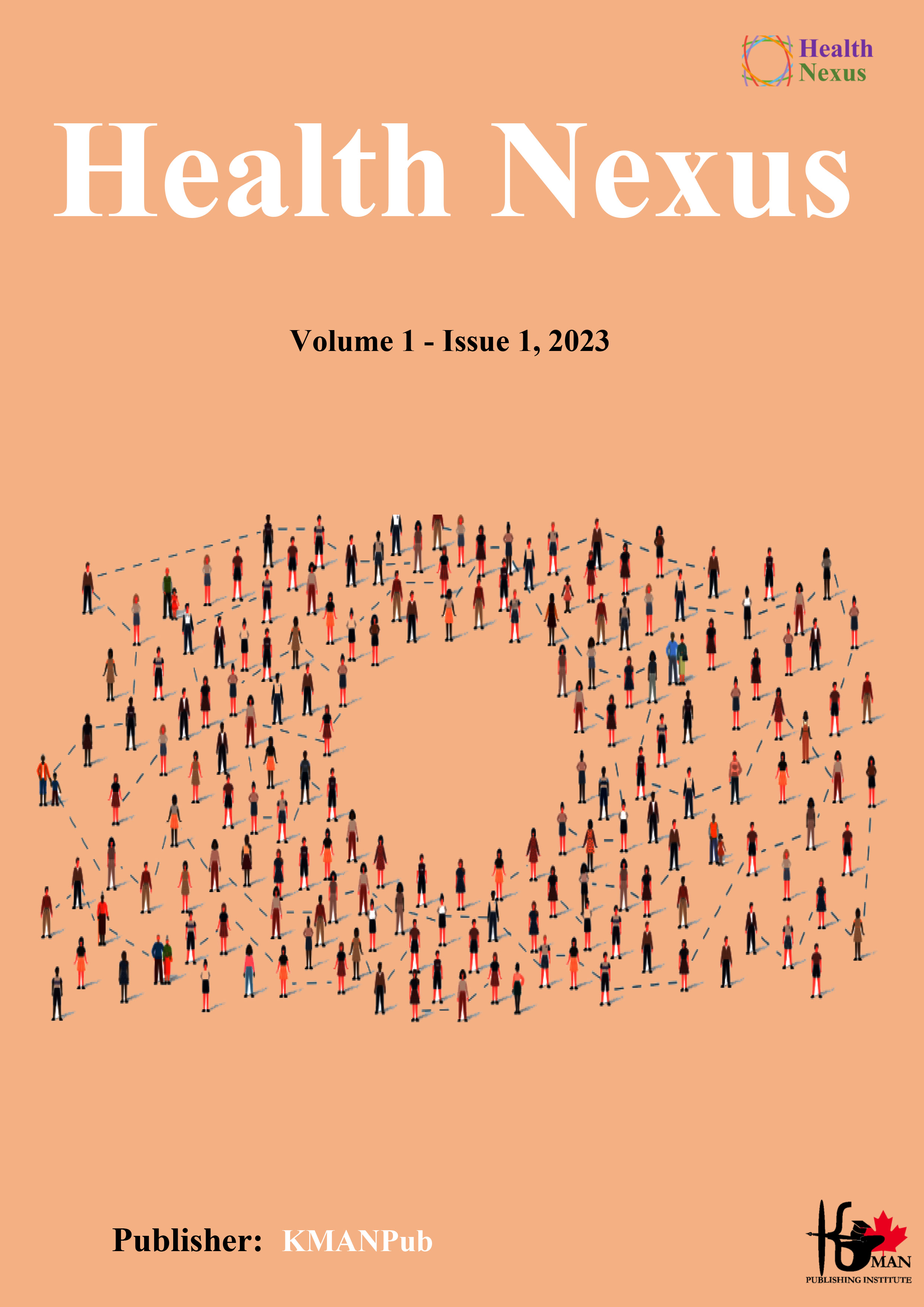The Impact of Low-Intensity Aerobic Exercise on Cognitive Performance in Female Volleyball Players Following Partial Sleep Deprivation
Abstract
Purpose: This study aimed to investigate the impact of low-intensity aerobic exercise on cognitive performance in female volleyball players following partial sleep deprivation.
Methods: A total of 21 elite female volleyball players (mean age: 23.6 ± 2.9 years; mean BMI: 19.1 ± 1.8) participated in a balanced, randomized design, undergoing two conditions: PSD and exercise in the morning following PSD (PSDE). Prior to the study, participants completed the Pittsburgh Sleep Quality Index (PSQI) to assess sleep quality. Cognitive performance was assessed using computerized neurocognitive tests from the Vienna system, including movement detection time (MDT), visual pursuit test (VPT), and cognitrone test (COG). Data analysis was performed using paired student's t-tests.
Results: The findings revealed a notable decline in reaction time (RT) (p=0.004), median cognitive reaction (MCR) (p=0.001), and median motor time (MMT) (p=0.01) in the PSD condition when compared to PSDE. However, there were no significant changes observed in processing speed (number of correct responses and rejections) and selective attention (mean time for correct responses and rejections) in the PSDE condition (p≥0.05). It is crucial to highlight that PSD had a detrimental impact on the cognitive performance of elite female players.
Conclusions: Although partial sleep deprivation negatively affected the cognitive performance of volleyball players, engaging in low-intensity aerobic exercise following partial nocturnal sleep deprivation may attenuate these detrimental effects.
Downloads
Downloads
Additional Files
Published
License
Copyright (c) 2023 Fariba Vaalayi (Author); Fatma Hilal Yagin (Corresponding Author); Burak Yagin, Mehmet Gulu (Author)

This work is licensed under a Creative Commons Attribution-NonCommercial 4.0 International License.


























